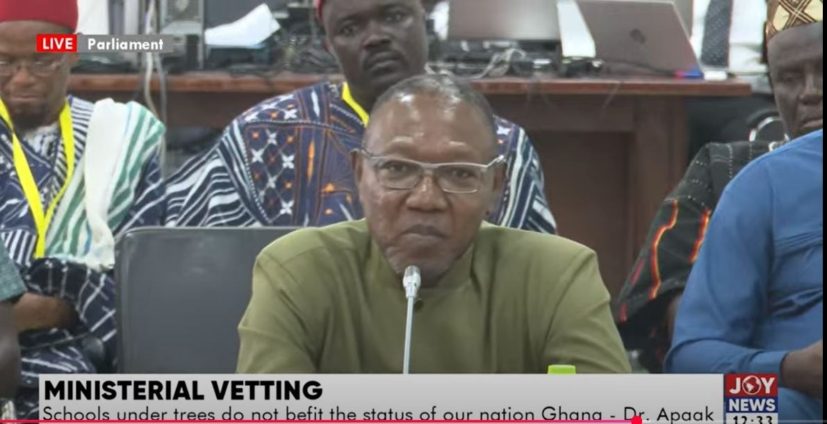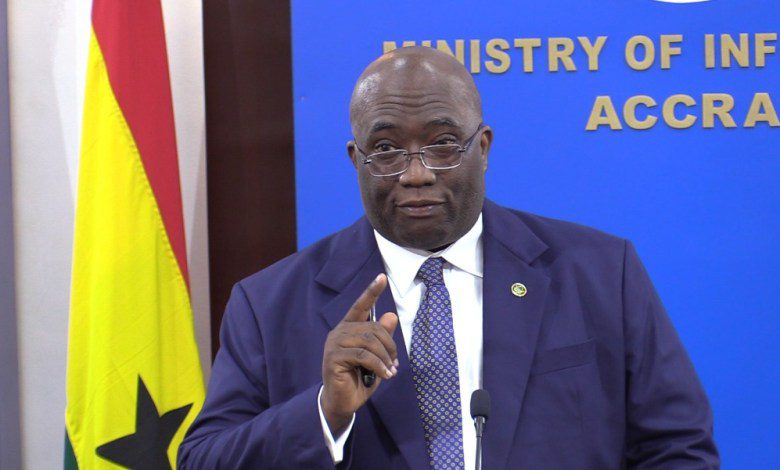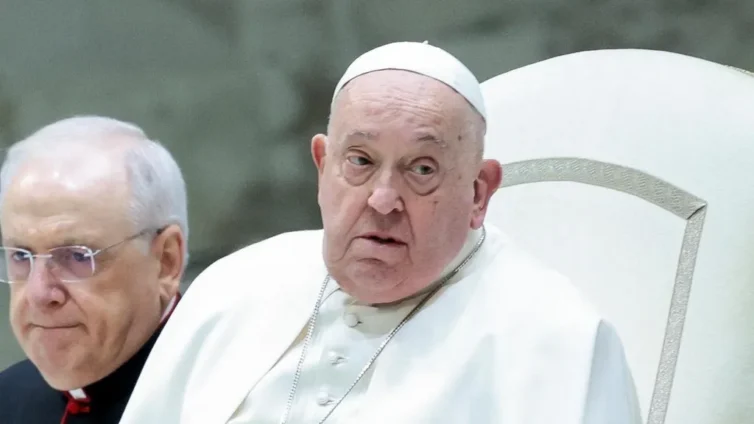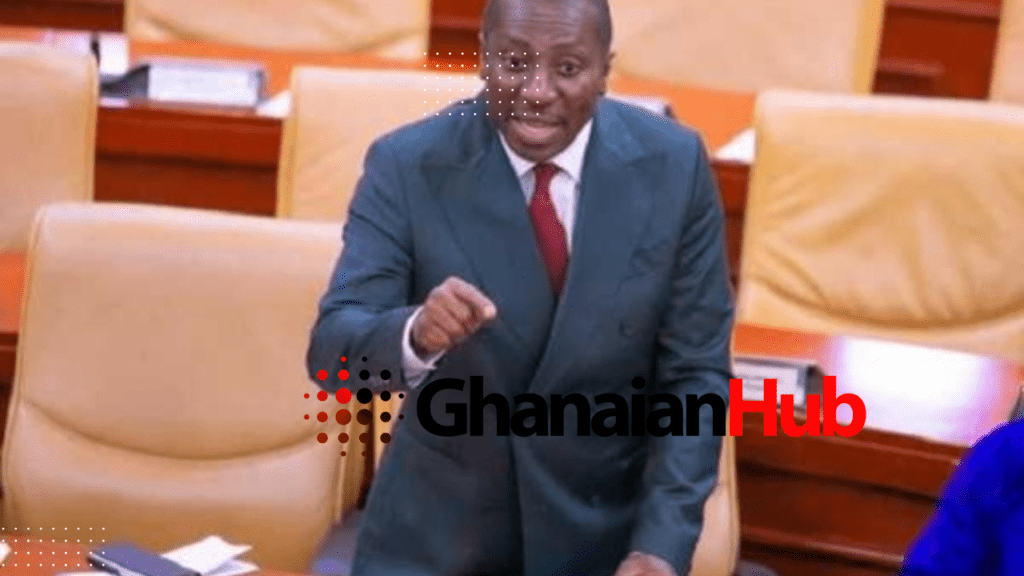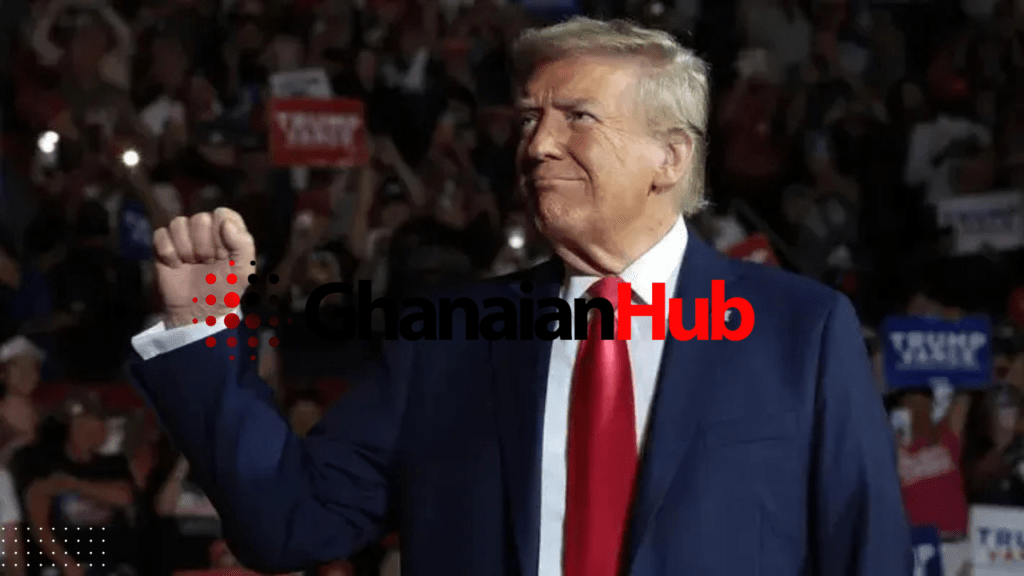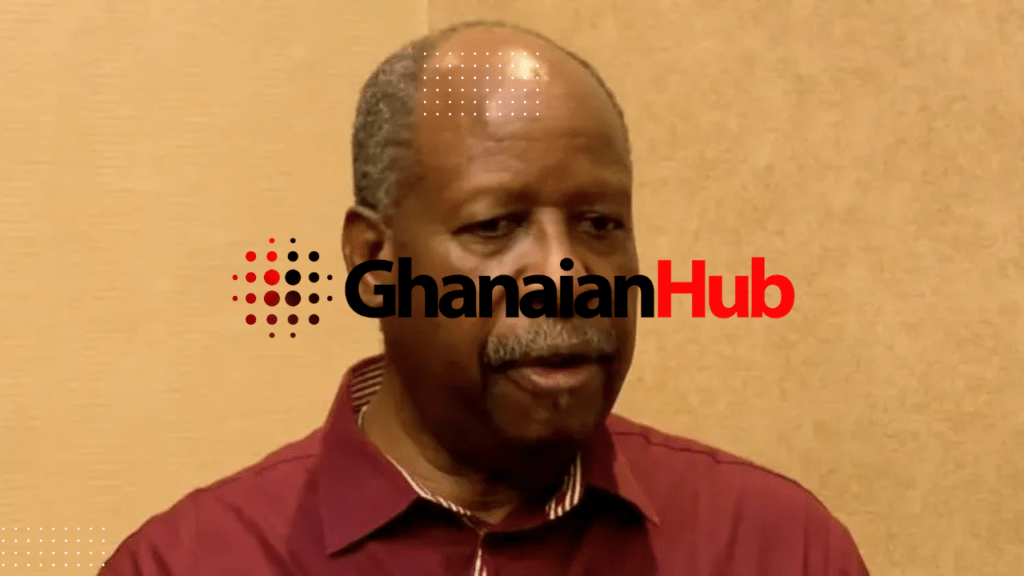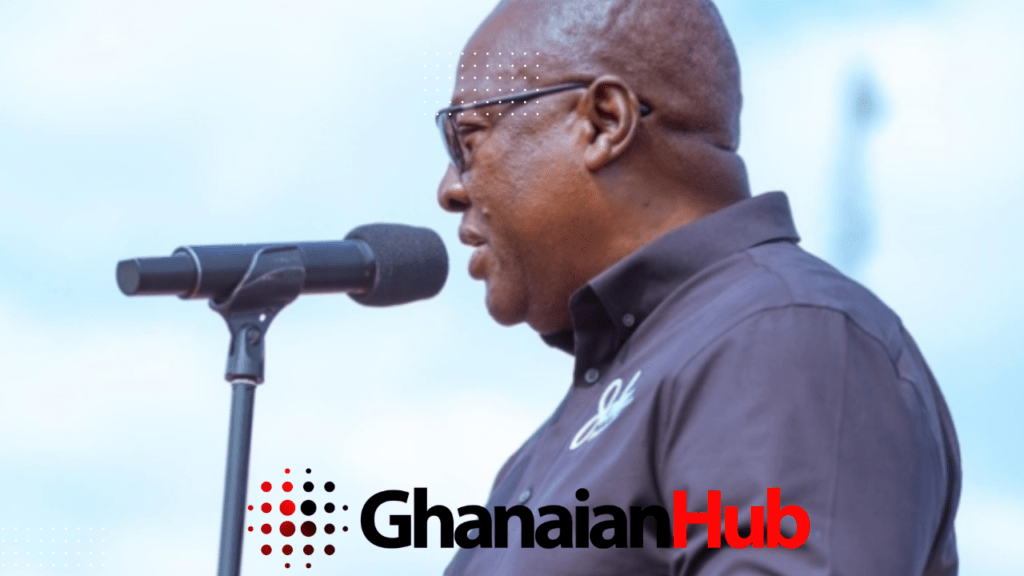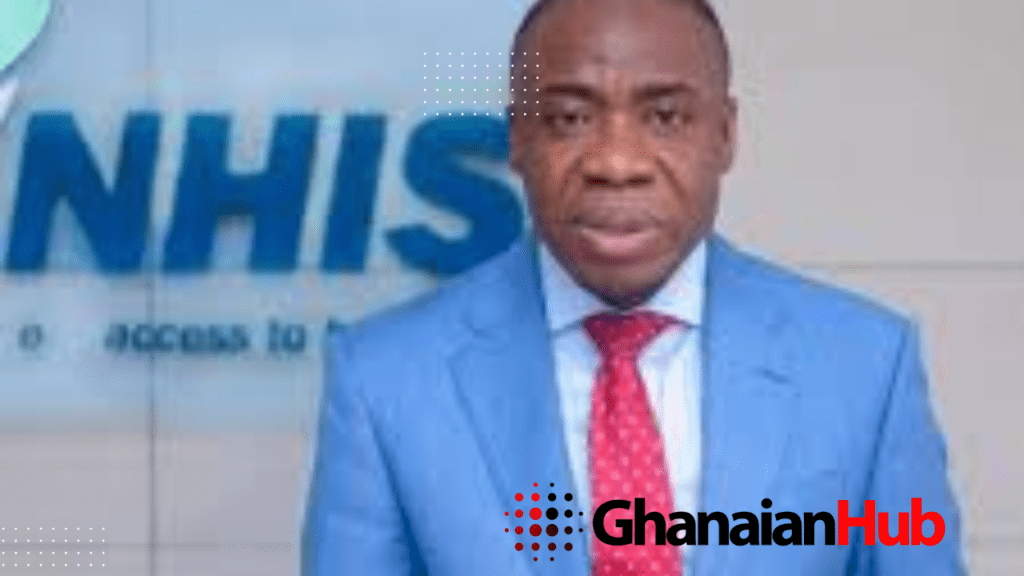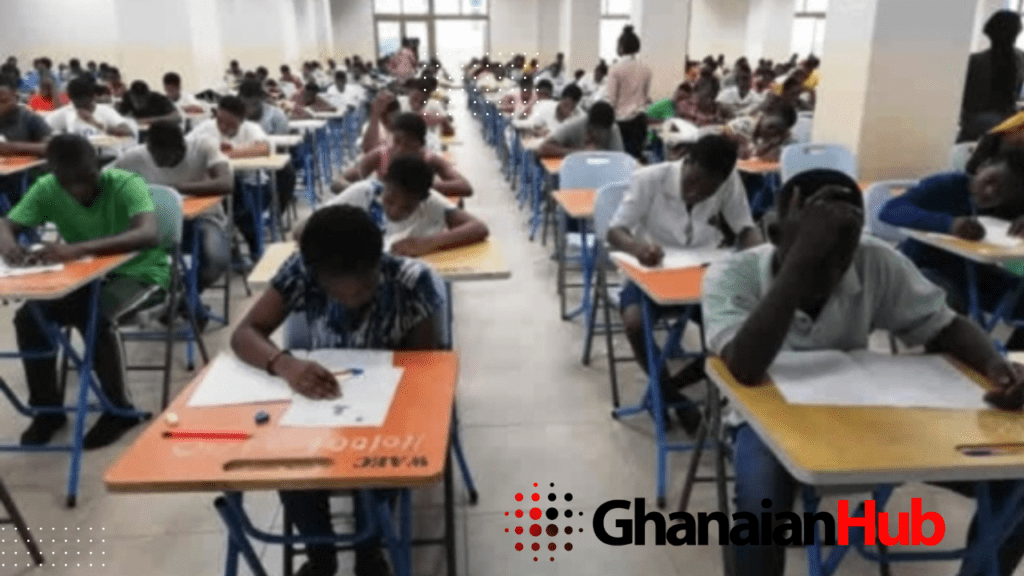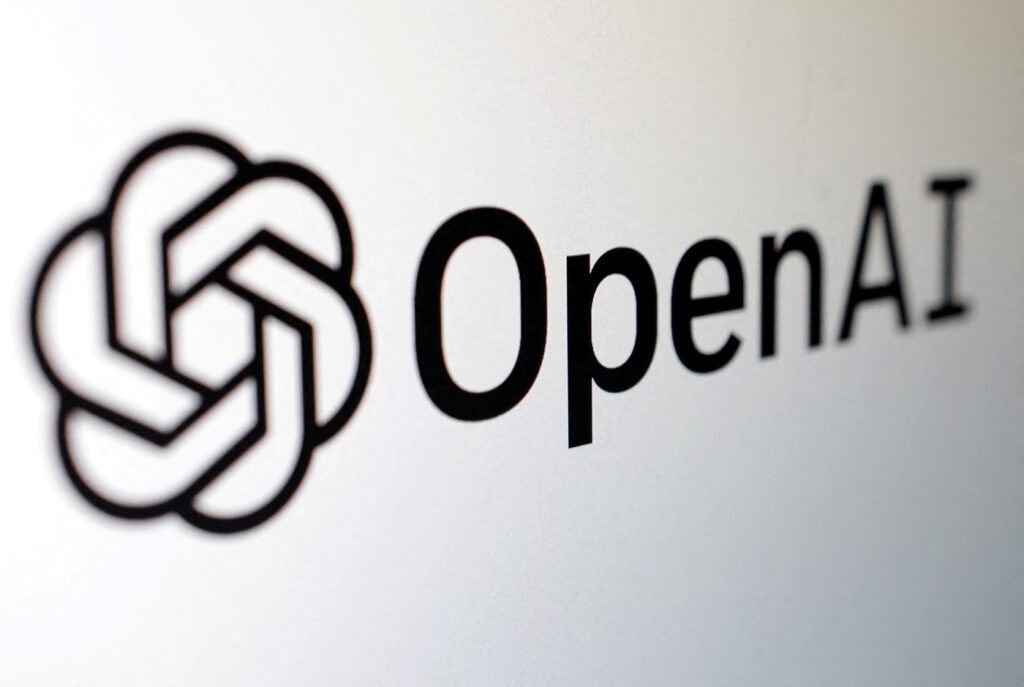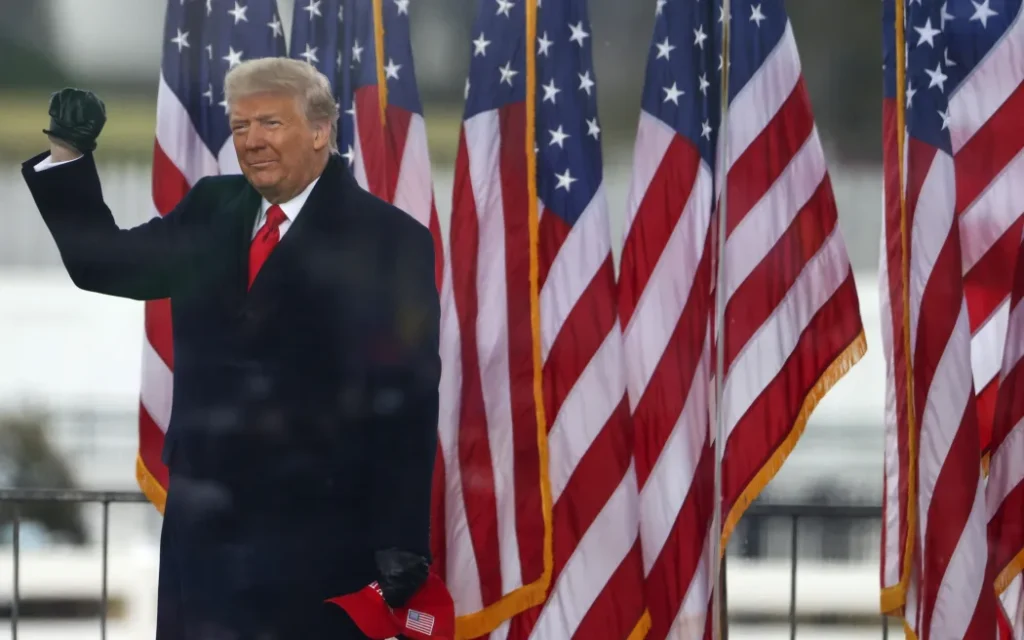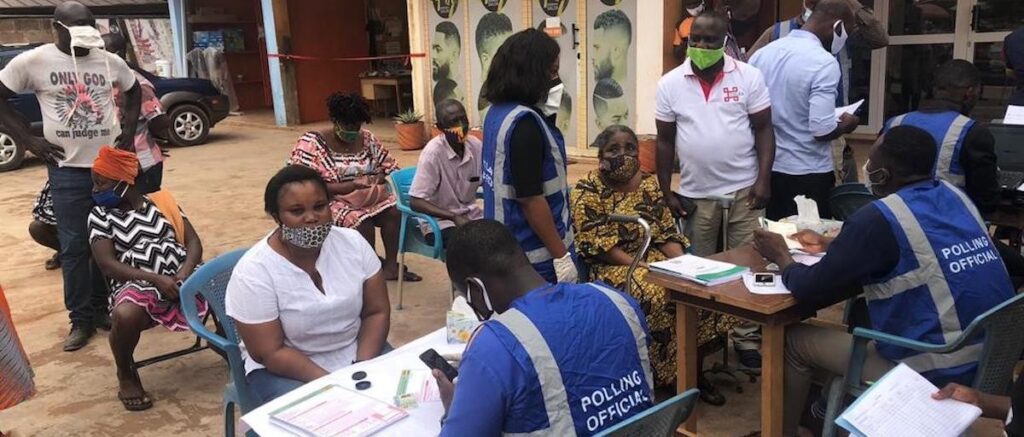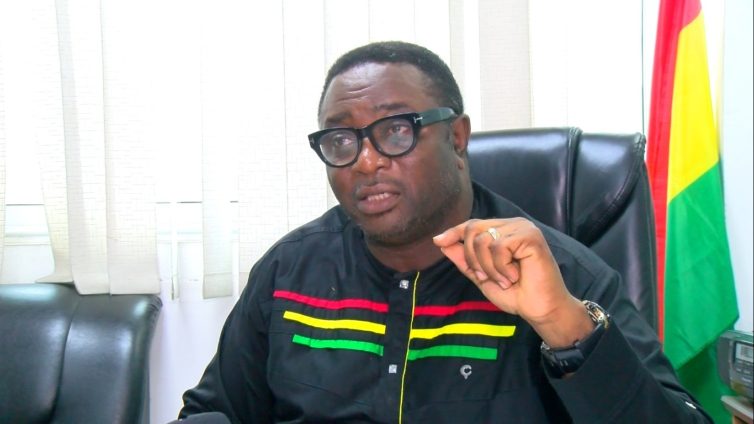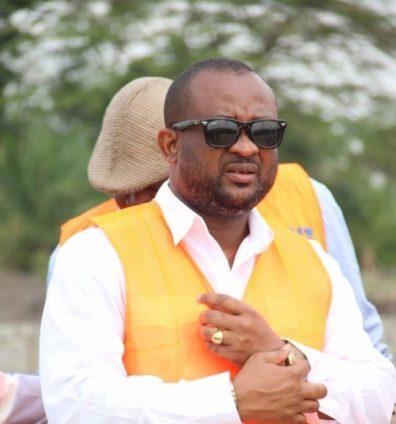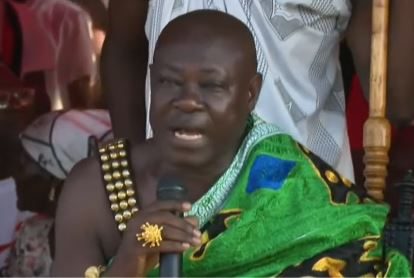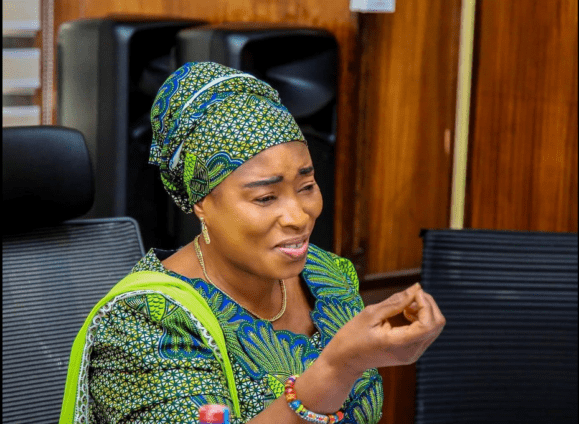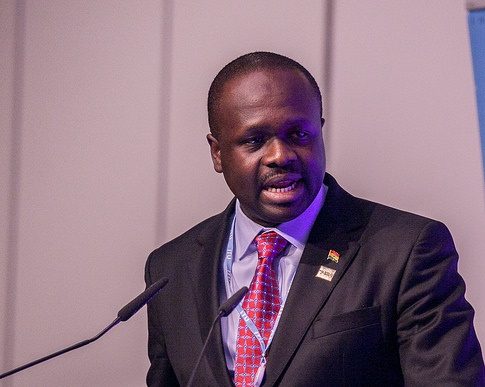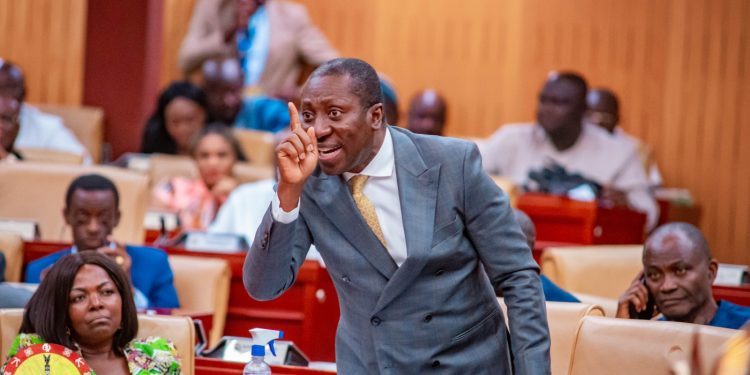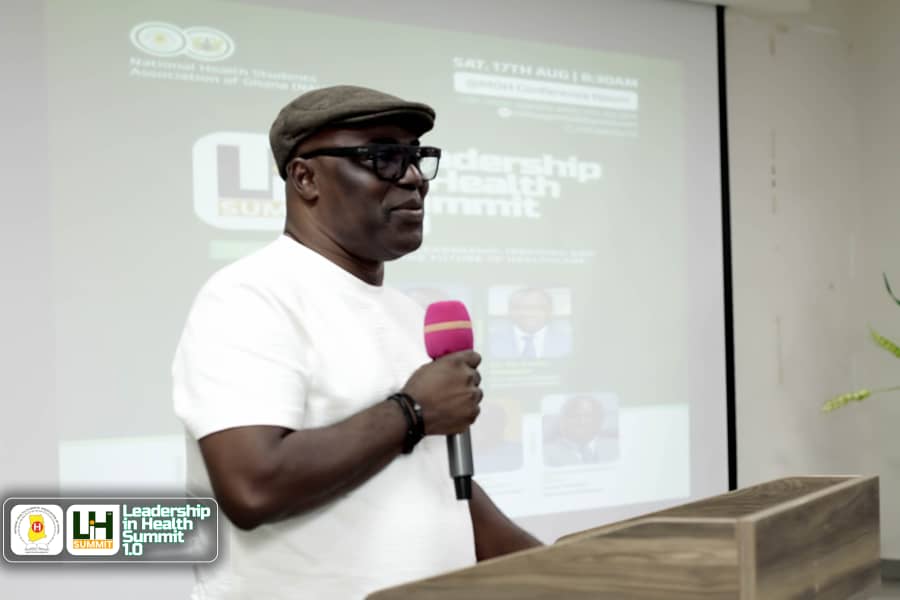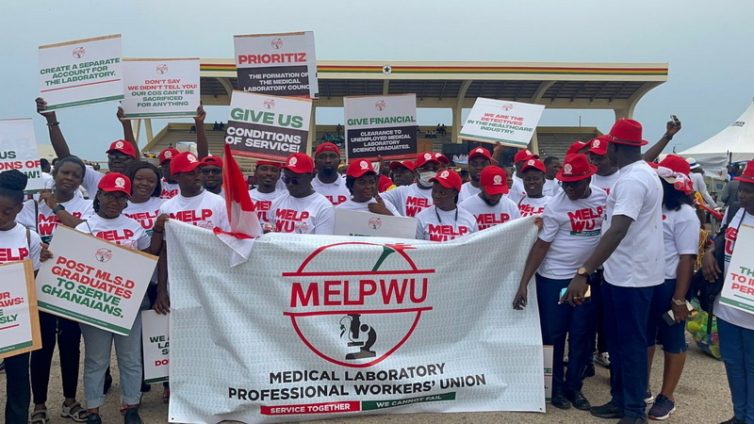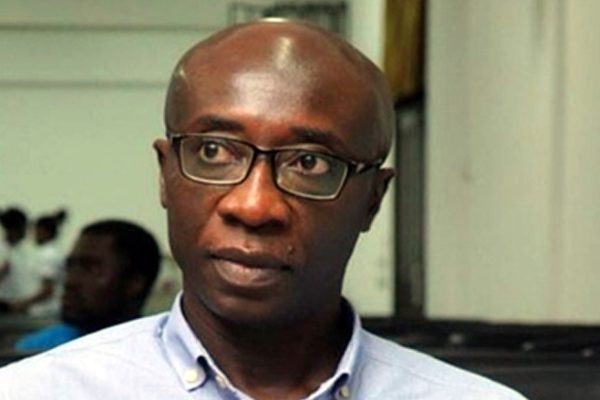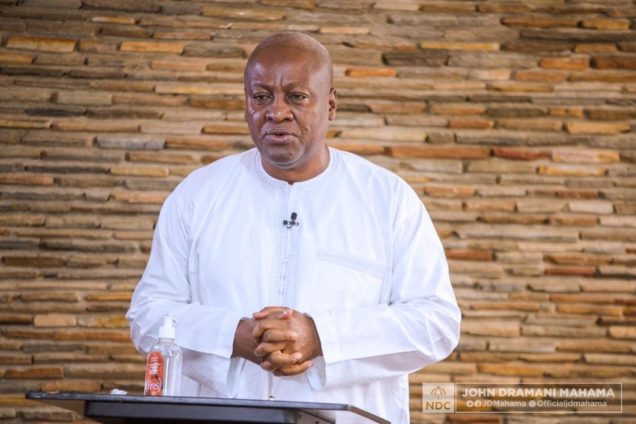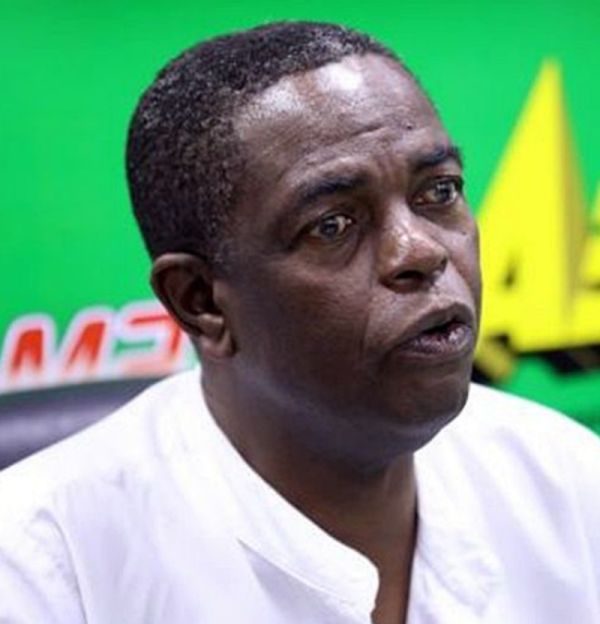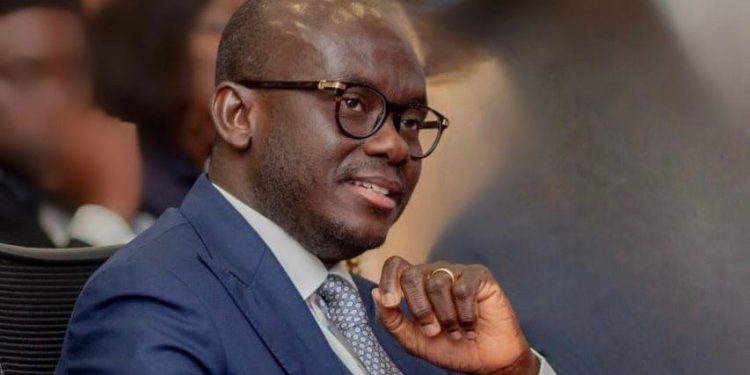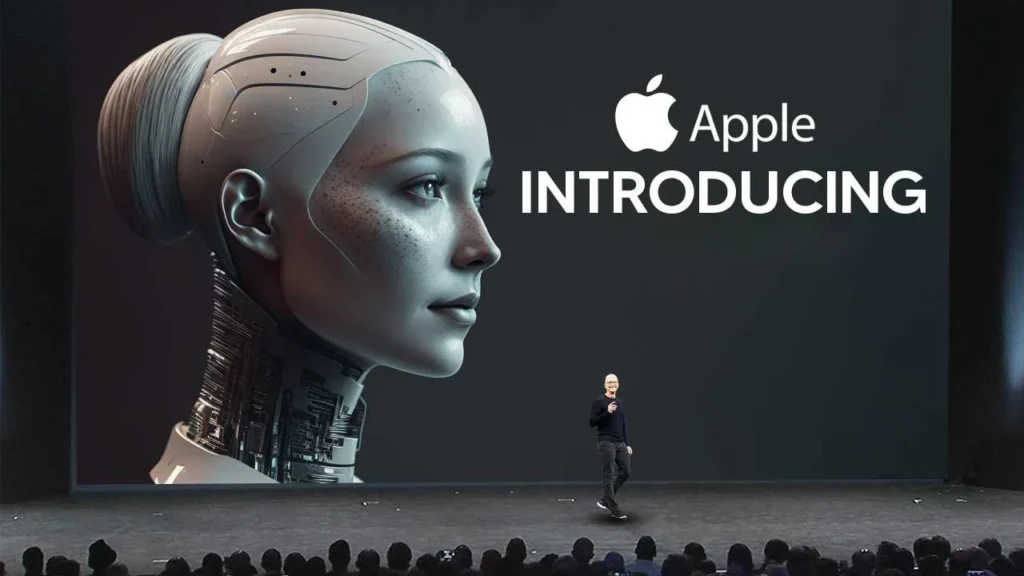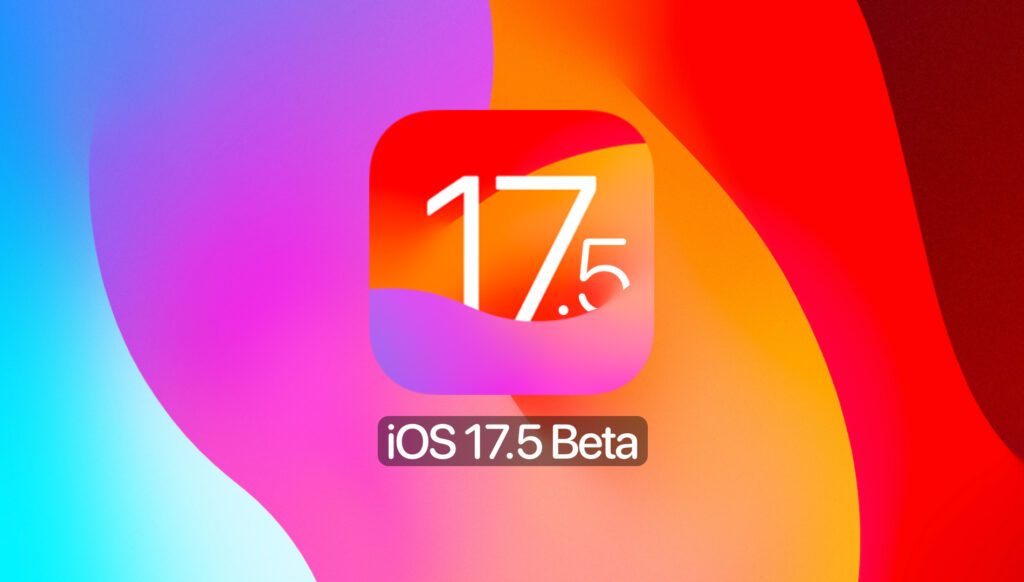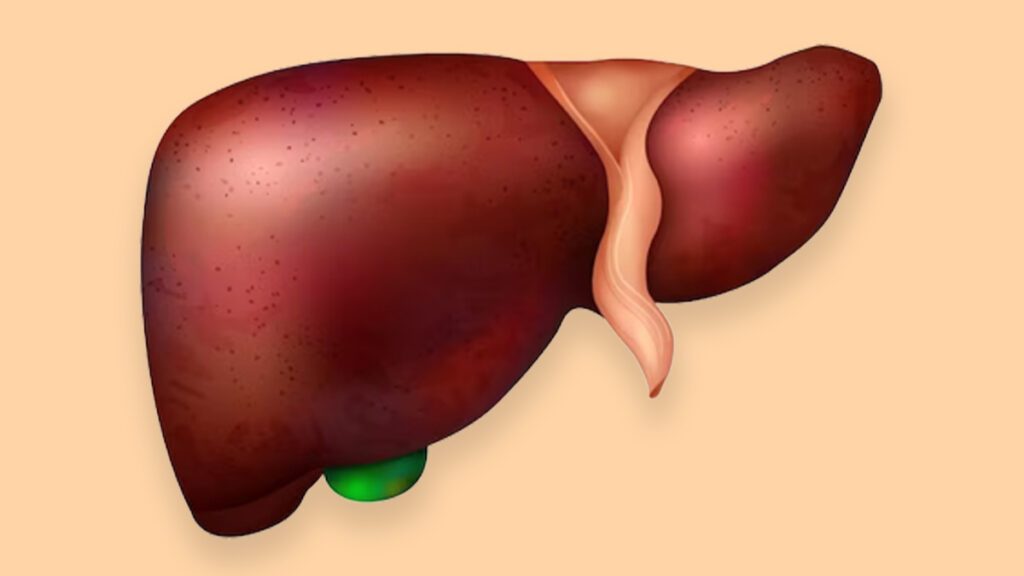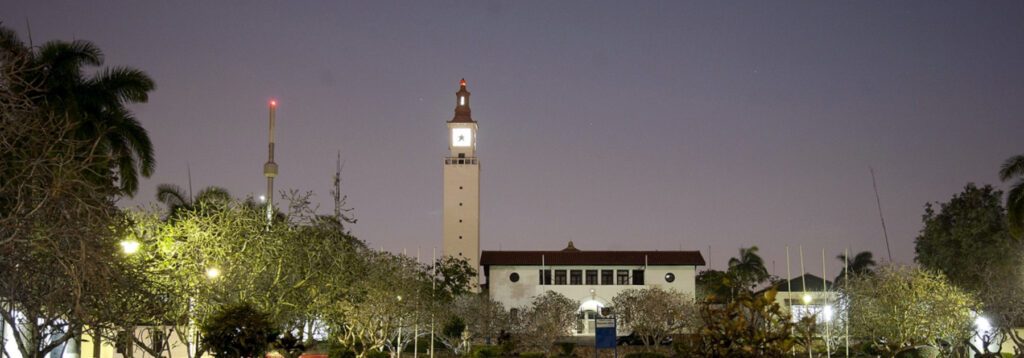President Akufo-Addo Defends Free SHS Policy Amid Criticism of Declining Education Standards
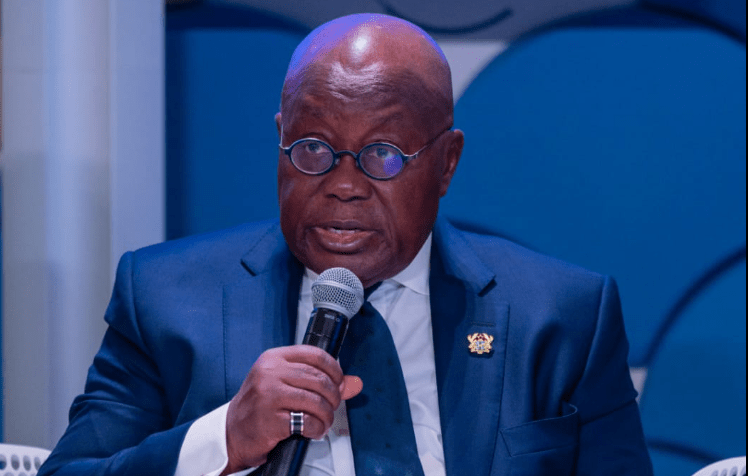
President Akufo-Addo Defends Free SHS Policy Amid Criticism of Declining Education Standards
President Nana Addo Dankwa Akufo-Addo has vigorously defended his administration’s Free SHS policy in the face of mounting criticism that it is producing lower-quality students and consequently reducing educational standards in Ghana.
Speaking at the Annual Ghana Bar Association Conference in Kumasi on Monday, September 9, the president underscored the transformative impact of the policy, particularly in extending access to education for underprivileged students who would have otherwise been excluded.
The Free SHS policy, introduced by the Akufo-Addo government in 2017, has significantly increased enrollment in secondary schools across the country by removing the financial burden of fees. While the policy has been lauded for expanding access to education, critics argue that the rapid increase in student numbers has not been matched by improvements in teaching quality, infrastructure, or learning outcomes. Some have gone so far as to claim that the policy is leading to a decline in educational standards, as schools struggle to accommodate the influx of students.
Addressing these concerns, President Akufo-Addo made it clear that the government’s priority is ensuring that every child, regardless of their financial background, has access to secondary education. He emphasized that the Free SHS policy was designed to level the playing field for students from disadvantaged backgrounds, giving them the opportunity to pursue their education without financial barriers.
The president firmly rejected the notion that the policy’s impact on education quality should be the primary focus, stating that access to education for all must take precedence.
“For those who believe the quality does not meet their standards, they have the option to enroll their wards in private institutions,” President Akufo-Addo stated. “People who can afford to pay for their ward’s education should send them to fee-paying private schools. Public schools, funded by the taxpayer, should be free for all who would otherwise be unable to pay for their education.”
He went on to explain that while private schools offer a choice for families that can afford them, the government’s focus remains on ensuring that public schools are accessible to the masses. The Free SHS policy, he noted, has more than doubled the number of students enrolled in secondary schools across the country, which he described as a major achievement in the government’s efforts to expand access to education.
The president also highlighted the broader social and economic benefits of the policy, noting that increased access to education is essential for the nation’s long-term development. By providing free secondary education, the government is investing in the future workforce, helping to alleviate poverty, and creating opportunities for upward social mobility. President Akufo-Addo pointed out that many of the students benefiting from the Free SHS policy come from poor or rural communities, where access to quality education has historically been limited.
Despite these achievements, the president acknowledged the challenges that have accompanied the policy, including issues with overcrowded classrooms and strained resources in some schools. He assured the public that the government is taking steps to address these concerns, including investing in infrastructure development and improving teacher training programs.
Ultimately, President Akufo-Addo’s message was clear: while there may be criticisms of the Free SHS policy, its fundamental goal—providing free and accessible education to all Ghanaians—remains a top priority for his administration. He urged Ghanaians to consider the long-term benefits of the policy, particularly in giving disadvantaged students the opportunity to improve their lives through education.
“Education is the key to unlocking the potential of our youth,” the president concluded. “That is why we remain committed to ensuring that every child in Ghana has access to a quality education, regardless of their financial circumstances. The Free SHS policy is a vital step towards achieving that goal, and we will continue to work to improve it for the benefit of all Ghanaians.”
The president’s strong defense of the Free SHS policy highlights the ongoing debate about balancing access to education with the need to maintain and improve educational quality. As the government continues to navigate these challenges, the Free SHS initiative remains one of the cornerstones of its vision for an inclusive and prosperous future for Ghana.


 English
English 
